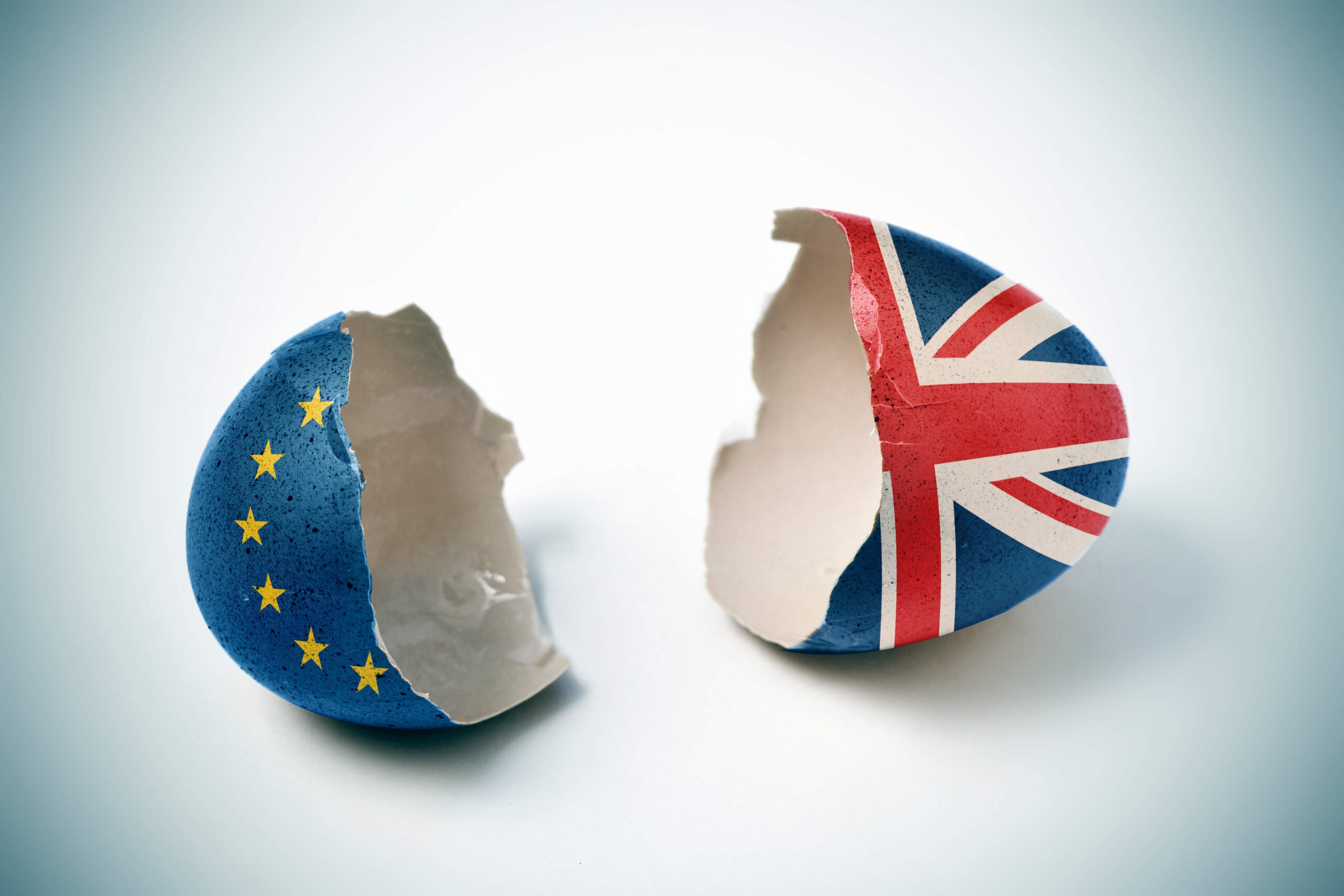
How do we interpret the British public’s vote on 23 June to leave the European Union (EU)?
Public opinion has not shifted
YouGov conducted a survey asking people whether Britain was wrong to leave the EU every week since the referendum vote was announced.
There’s certainly no sense of regret, judging from participant’s responses.
About 80 to 90 percent of those who voted to remain still feel the same way and those who voted to leave would similarly not change their mind.
We remain a divided country,” professor John Curtice told reporters at a conference on the implications of article 50, “but are they divided when it comes to what kind of Brexit they want? No.”
Participants were also asked what they think the UK government should prioritise — free trade with the EU or immigration control?
How well do you really know your competitors?
Access the most comprehensive Company Profiles on the market, powered by GlobalData. Save hours of research. Gain competitive edge.

Thank you!
Your download email will arrive shortly
Not ready to buy yet? Download a free sample
We are confident about the unique quality of our Company Profiles. However, we want you to make the most beneficial decision for your business, so we offer a free sample that you can download by submitting the below form
By GlobalDataOverall, participants said both concerns were equally important, but slightly more are concerned about the single market.
Curtice completed his own research as part of an initiative for the Economic and Social Research Council (ESRC), comparing what leave and remain voters want from a Brexit deal.
Immigration, border controls, NHS treatment, free trade & university research
Seventy percent of people on both sides of the Brexit debate think EU citizens must apply to enter the UK and support limits on numbers of EU migrants.
Almost 70 percent of participants from both camps also want custom checks.
Many people think the numbers have been out of control,” said Curtice. “A Polish plumber is now part of the UK stereotype. The fateful promise made by [prime minister] David Cameron to bring it down below 100,000 has failed — we are nowhere near that.”
Finally, around 90 percent of both Leave and Remain voters are unified in their support for free trade.
Areas of contention
There is a clear divide, however on the subject of EU nationals receiving free healthcare on the NHS.
Almost half of leave voters do not want to see EU migrants receiving any treatment on the NHS, compared to just 28 percent of Remain voters.
Just 68 percent of leave voters agree that EU citizens should be allowed to stay in the UK post-Brexit, compared to 90 percent of Remainers.
When it comes to EU funding for university research, there is also a noticeable gap between the two camps — 80 percent of Remainers want to see continued higher education funding compared to just 54 percent of Brexiteers.
Partisan divide?
Curtice also surveyed participants from the main UK political parties, and assessed how they differ on the key issues facing the UK after Brexit.
Conservatives are much keener on imposing stricter immigration controls than Labour and the Liberal Democrats.
However, 80 percent of Conservative-leaning participants support the provision of migrant welfare, compared to less than half — 46 percent — of Labour supporters.
So, what do voters really want from a Brexit deal?
All voters agree that free trade and controlled immigration are crucial.
There is a fundamental sense of unity in this respect,” said Curtice. “The British public do not understand why you can’t have free trade and immigration control as well. People are social animals and no one wants that trade-off.”






